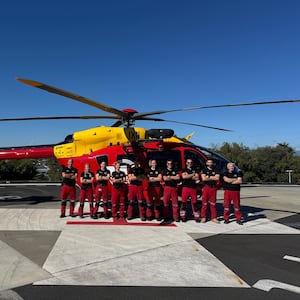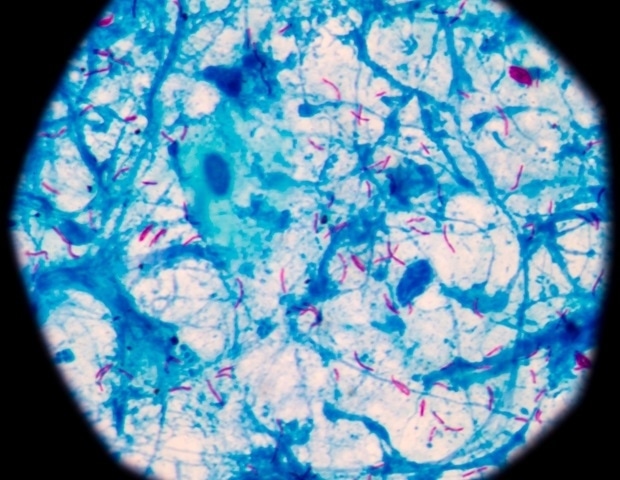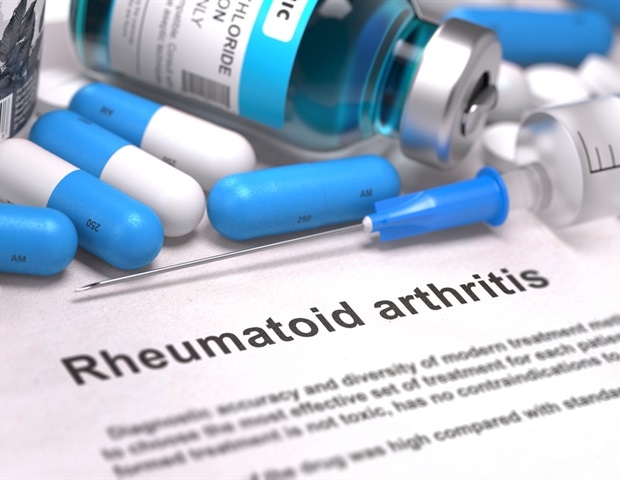
Nearly 13 years ago, a Sharples couple approaching their 60s found a lack of support for autistic adults like their son – and decided to do something about it. Now, the charity Harold (who was known as Graham) and Eira Heywood founded, Bolton Adult Autism Support (BAAS) , is thriving – offering befriending services, support groups, events and advocacy to about 200 autistic adults and carers. Graham and Eira had fought for provision for their eldest son Julian, now 54, who had been diagnosed at age 30 – and saw the lack of support for families who care for autistic adults.
In 2013, they started BAAS after Graham had retired from a long public sector career. In 2021, Graham and Eira won a British Empire Medal for their work in BAAS after they had won the Queen's Award. Graham died in 2023, but the charity continues to make a difference for autistic adults and their families.

Eira said: “[At the time], there was very little provision in the Bolton area for autistic adults and the people caring for them. “The National Autistic Society had asked us to help the local authority put together an autism strategy – and to set up a support group for autism because there was nothing in place. Graham and Eira Heywood (Image: Public) “For parents and carers, the group was a place to talk about their concerns.
"Mostly, parents worry about adult children living with them who are unable to be independent – and whether they’ll have the skills to manage their future life. “We taught those life skills in our drop-in.” Service manager at BAAS, Vicky Kenyon, said: “Graham and Eira were looking for a resource for information, advocacy, peer support, just to know that they weren’t the only family going through it.
[They created one with their support group]. “Over time, BAAS became more about the autistic adults themselves.” It began to offer them befriending services in 2018.
Eira said: “My husband came up with the idea. "He saw that young autistic adults would come to our drop in once a month with their parents but apart from that, they weren’t getting any [social] interaction. Vivian Brown, BAAS volunteer coordinator, and Vicky Kenyon (Image: Public) “It was meant to be a way for BAAS users to make friends with each other.
"The befrienders were originally university students, but now they are of all ages.” Autistic adults are matched with befrienders who share their interests. Vicky said: “Some can meet for coffee and a chat.
Others might do gaming like snooker or go to a craft group. No two are the same. “Befriending makes a huge difference.
"There are people coming to this service very socially isolated and low in confidence who end up becoming befrienders themselves. Left to right: Anita Powley, Jacqui and Phil Barnett, Roselle Gorman, BAAS Chair, Andrew Haslam (Image: Public) “That is a testament to how much their independence and confidence grows.” Anita Powley, vice chair of BAAS, has autism and first came to the charity for a social event.
She said: “I started by coming to a monthly session with a support worker, then got matched with a befriender. It made a massive difference. “At the time, I had been on a lot of medication.
I gradually became less dependent on it. I stopped needing a support worker and just worked with the befriender. “A consultant told me that BAAS had done in three months what they hadn’t done in three years.
“I worked with the befriender for about a year. Then, a couple of months later, I asked to be trained as one. I continue to be a befriender.
“BAAS treated me with respect and kindness and so I could be more myself.” BAAS also runs social events like cooking, arts and crafts sessions or autism discussion groups. Vicky said: “We started to see lovely genuine friendships grow from them.
"People can come for complete nonjudgmental support. If they want to come and just observe, it’s fine. “We also started providing services like welfare and benefits advocacy and autism awareness training .
"In our advocacy, we support people applying for disability benefits from their first application to any re-assessments or tribunals. “We have a 100 per cent success rate. Everyone who sought our help with benefits ended up receiving them.
” Eira added: “BAAS is dedicated to autism, nothing else. “Whatever you introduce to somebody’s life it will enrich them. “We’re giving autistic adults the opportunity to find out what they’re capable of.
” To find out more, visit boltonadultautismsupport.org.uk.
.















